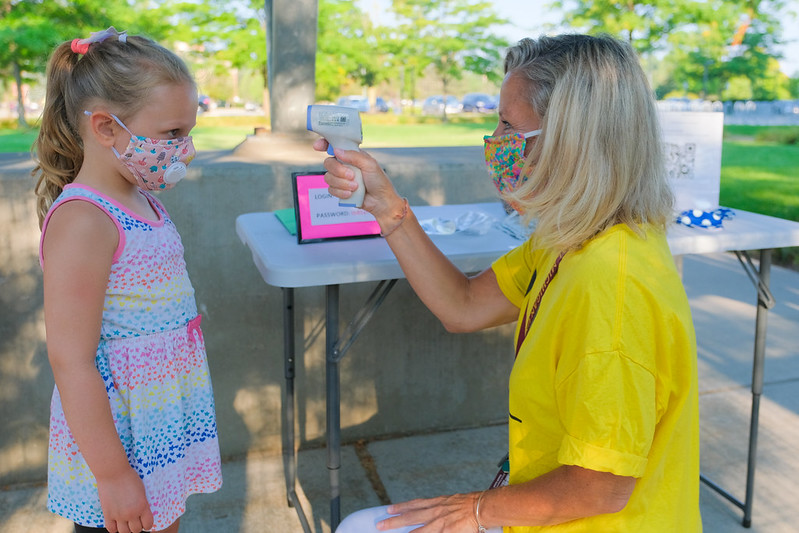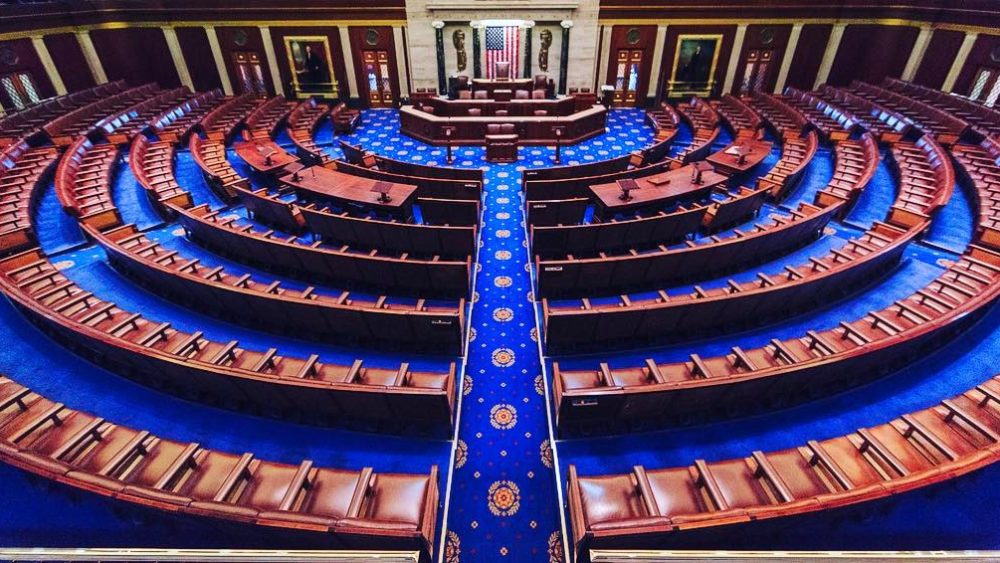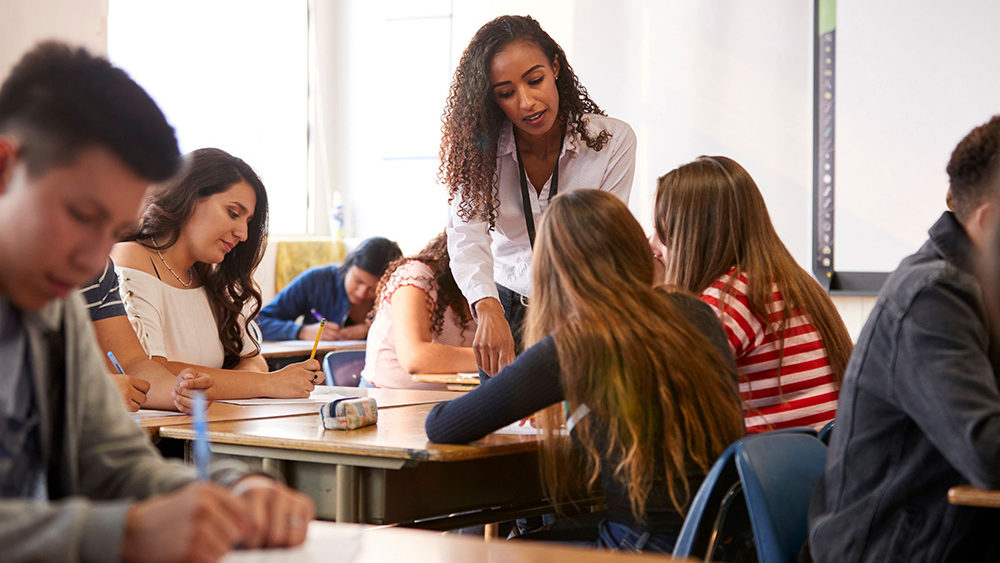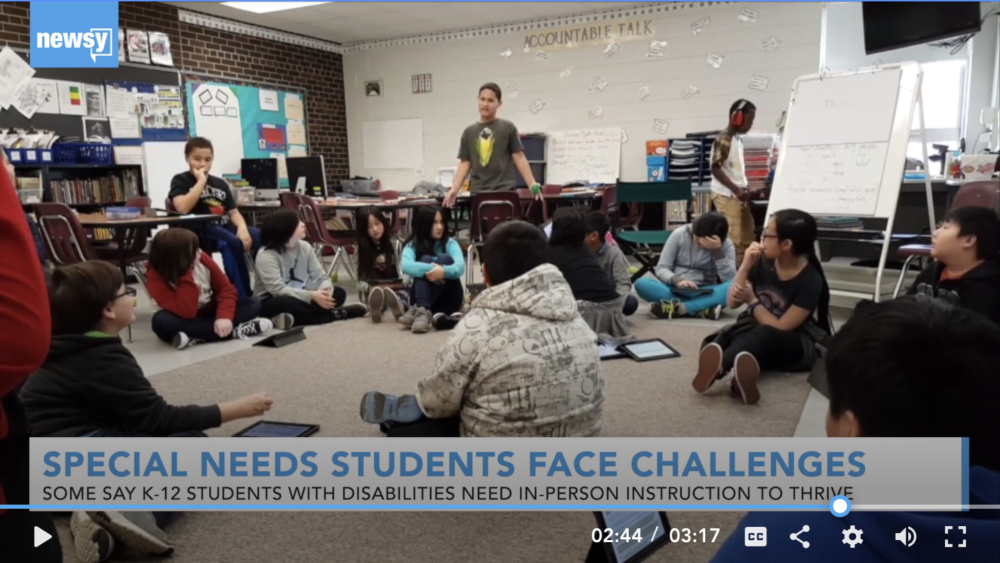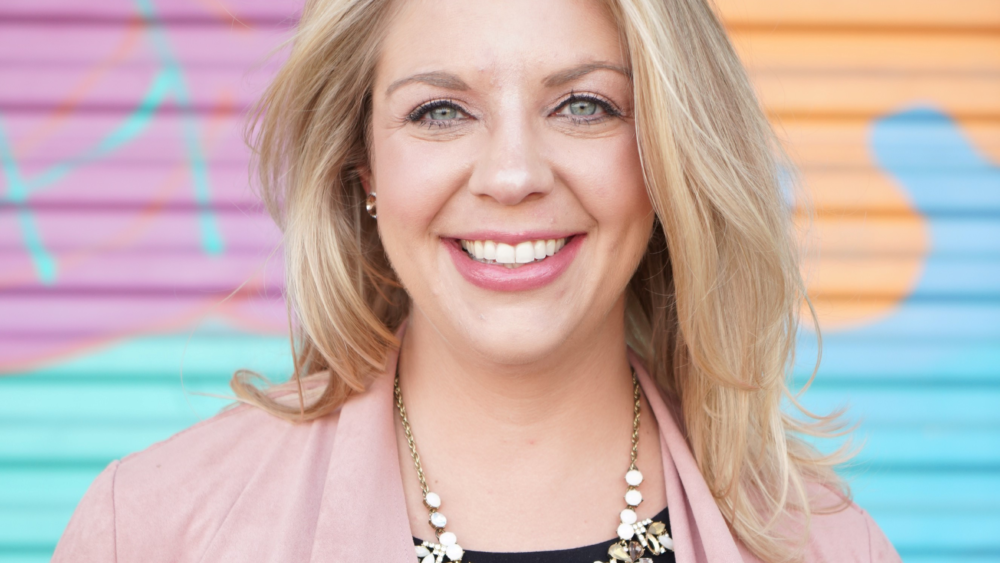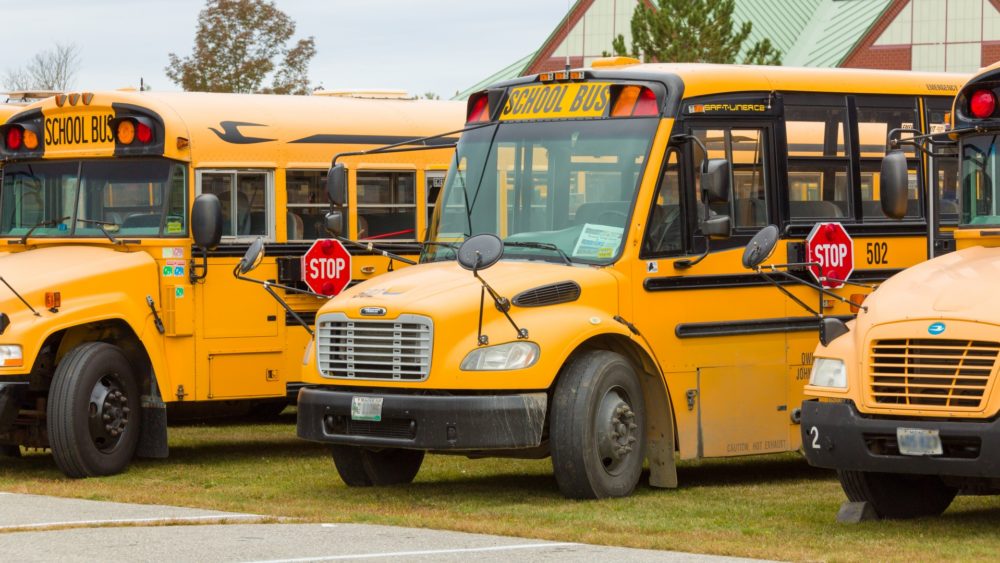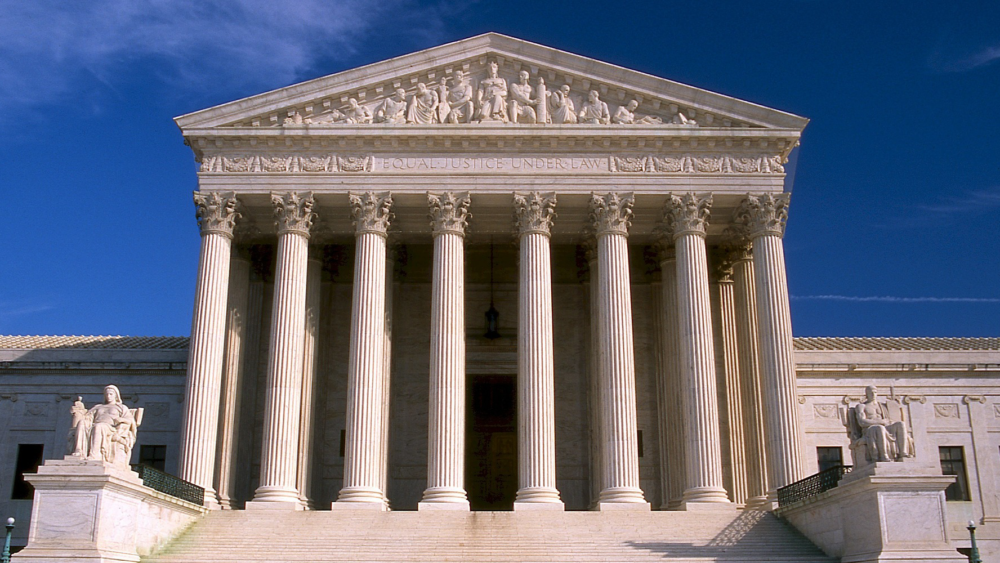Disproportionate discipline of students with disabilities is a long-running crisis—and with the new rules and considerations around COVID-19, the stakes are even higher. Instead of simply reacting as incidents come up, however, schools have the opportunity to develop proactive discipline policies that serve students during the pandemic and also provide positive structures for the future.
We are deeply appreciative of the important clarification provided by Secretary DeVos to states ensuring states must plan to administer statewide summative assessments during the 2020-2021 school year. This is consistent with the requirements of the Every Student Succeeds Act (ESSA) which the Center worked collaboratively to support with charter school leaders as well as civil rights and special education advocates.
Federal budget processes are complex—and their implications for education are enormous.
While the ultimate FY2021 budget package is likely to be negotiated by a lame-duck Congress following the November election, the House’s proposal offers important insight into the priorities of Congressional Democrats and is therefore worth careful examination for its impacts on education broadly, as well as special education in charter schools specifically.
On July 29, 2020, The 74 Million published a piece quoting Senior Policy Director Wendy Tucker that highlighted the difficulties that many families have faced in getting educational services for their children with disabilities during the pandemic.
In February 2020, the Center completed an analysis of the challenges associated with educating students with disabilities in Connecticut charter schools. We found that these challenges are symptoms of two broader issues—the state’s inequitable public education funding system and problematic ambiguity in the state charter law.
On July 17, 2020, Lauren Morando Rhim spoke to Newsy about the challenges of remote learning for students with disabilities.
The Center is thrilled to announce the recent hire of Jennifer Coco, who joins the team as Local Policy Manager. In this role, Coco will focus on leading a portfolio of ongoing special education initiatives in New Orleans for the Center.
On July 8, 2020, THE Journal published an article highlighting a Back to School Facilities Toolkit created by Brooklyn Laboratory Charter Schools with input from the Center.
On July 8, 2020, EdWeek posted a story about the challenge of transportation to school for students with disabilities during the COVID-19 pandemic. The Center’s Wendy Tucker provided background information for this article.
In its June 30, 2020 decision in Espinoza v. Montana Department of Revenue, the United States Supreme Court allowed the use of public funds for private religious schools—a move that raises concerns about new legitimacy given to publicly funded voucher programs that do not support the rights of students with disabilities.
